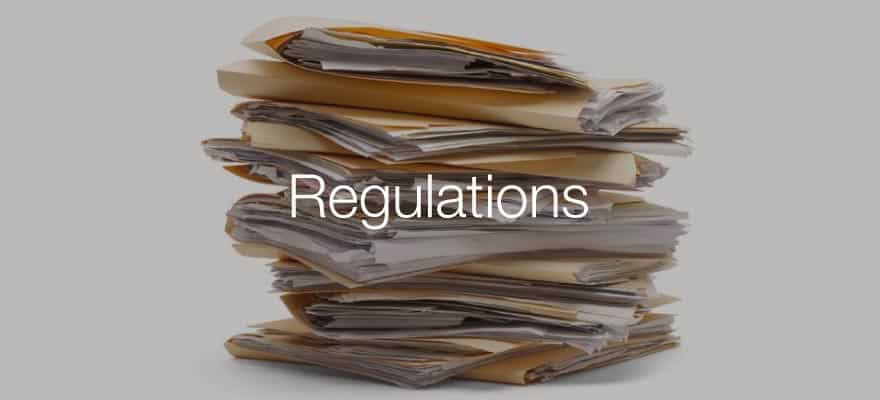With the recent spate of ASIC actions against Forex brokers in Australia, a recent release by the Australian Securities and Investments Commission (ASIC) is further cause for concern. In July 2015, ASIC issued a media release outlining the new procedures they would follow to recover costs for regulatory investigations.
Currently, under Section 91 of the Australian Securities and Investments Commission Act 2001, ASIC has the power to recover costs for investigations but rarely exercises that right. The new procedures give ASIC greater power in recovering such costs. The new procedures indicate that ASIC will use its statutory powers to recover the costs of an investigation where possible. This will apply to all individuals and entities subject to an ASIC investigation after July 29, 2015.
In circumstances where a Forex Broker is convicted or a judgment is made in favour of an ASIC investigation, ASIC will be able to make an order which requires the forex broker to reimburse ASIC’s investigative expenses.
The types of expenses ASIC may claim include:
- salary costs for ASIC staff who have worked on the investigation;
- travel expenses when required to interview witnesses;
- the cost of external legal counsel; or
- the cost of employing an expert to perform an analysis.
Planning for the Bill
The most concerning aspect of this change in procedure is that the forex broker who is the subject of the investigation may be required to cover the salaries of ASIC staff involved in the investigation. Presumably, these salaries will not be disclosed prior to the commencement of the investigation and this may mean that forex brokers with judgments or orders made against them could be subject to a very expensive invoice at the end of the investigation. This means that a significant level of risk and financial management needs to be implemented prior and during the investigation in order to ensure that they are financially capable of paying the costs of the investigation.
ASIC will consider a range of factors when deciding whether to recover costs of an investigation. These factors may include:
- impecuniosity of the individual or entity (i.e. whether there is any money);
- the amount recoverable under an order;
- the effect on victims; and
- the scope of the investigation.
Heavy Consequences
The forex broker will be notified prior to a recovery order being made against them and will be given an appropriate amount of time to make submissions to ASIC. ASIC will set what it believes as a reasonable amount of time for the forex broker to make submissions. Given the likelihood of legal counsel being used to make these submissions, this simply serves to increase the final cost for the forex broker. Any forex broker who does not comply with the order made against them by ASIC will be subject to a fine, imprisonment or both. ASIC also has the power to commence proceedings in a relevant court for any amount due to ASIC by a forex broker.
The increased likelihood of ASIC recovering costs against the forex broker is likely to be at the detriment of the forex broker. The forex broker will be required to cover not only their own legal expenses but also the expenses incurred by ASIC. Previously, there were no large annual costs imposed on Australian Financial Services Licence (AFSL) holders. The cost of an AFSL holder being the subject of an ASIC investigation could become quite onerous and may impact on the AFSL holder’s ability to meet their ongoing financial requirements.
AFSL holders should speak with their professional indemnity insurance providers to determine if their policy covers any of these costs, or whether it can be extended at a reasonable price to cover any such costs order.
The changes to the ASIC costs structure come off the back of their stated agenda to recover costs from those who monopolise ASIC’s time as a means to refocus their agenda. The costs structure was introduced through the Senate’s inquiry into the performance of ASIC.
For further information visit the ASIC media release.
















